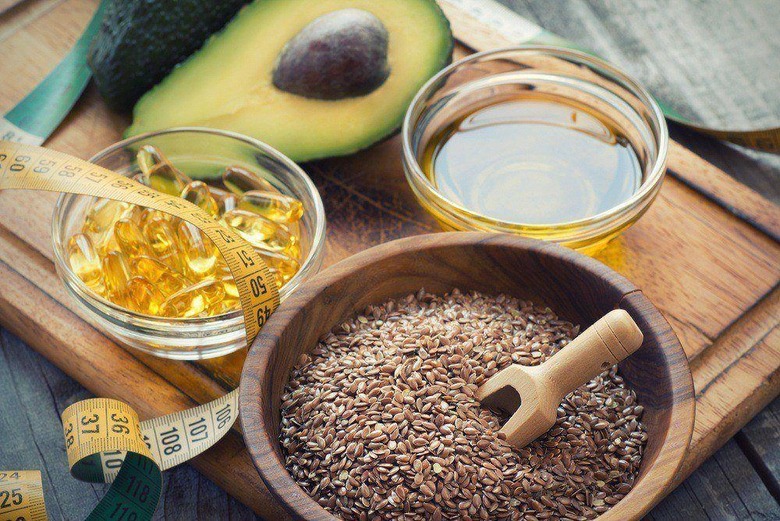Does Eating Fat Really Make You Skinny?
Cardiologist Dr. Aseem Malhorta starts his morning with coffee, but instead of milk and sugar he stirs in one tablespoon of butter and one tablespoon of coconut oil to create a fatty cup of "bulletproof coffee." This concoction, designed to mimic the traditional yak-butter tea consumed in Tibet, gives the doctor a boost of energy and a subdued appetite. He is one of the leading forces in the fat-forward movement, which advocates for re-integration of foods fat-rich foods into the modern diet.
Click here for 10 Foods With Healthy Fats
In 2016, The New York Times reported that fat was the victim of a decades-long smear campaign by the sugar industry that involved bribing scientists to establish a correlation between saturated fat and heart disease. Today's dietary recommendations are still partly shaped by this skewed information, and the food industry still jumps through hoops to offer low-fat products — which aren't any healthier, because they typically replace fat with other ingredients like salt and sugar. But fat is a necessary and important macronutrient that protects organs, maintains cell membranes, helps the body process nutrients, and increases muscle mass. A comprehensive analysis of relevant studies showed that a low-fat diet doesn't have any effect on the prevalence of obesity, diabetes, and cardiovascular disease, and that in weight-loss trials, "low-carbohydrate interventions led to significantly greater weight loss than did low-fat interventions."
Dr. David Ludwig, a leading obesity researcher and professor of nutrition at Harvard University, says that when it comes to weight gain it's all about avoiding foods that lead to the storage of fat — not avoiding fat itself. He suggests a three-step program called "The Always Hungry Solution," which allows you eat as many calories as you want as long as they are healthy sources of fat. Avocados, salmon, olive oil, coconut oil, and walnuts are all examples of foods that are minimally processed, but contain high concentrations of mono- and poly-unsaturated fats.
Ludwig believes that weight gain is most influenced by insulin, a hormone he describes as "Miracle-Gro for your fat cells." The body releases insulin to remove excess glucose from the blood stream. Insulin ferries glucose to muscles for immediate use or stores it within fat cells. But insulin, while vital to converting food into useable energy, is also responsible for fat storage and the creation of body fat. That means eating simple carbohydrates like bread, crackers, chips, pasta, or tortillas may result in more actual fat storage, than, let's say, a slice of bacon.
At the end of the day, it's not necessarily about carbohydrates or fats, but about energy balance. Fats are not as easily processed and digested by the body and are more satiating than simple carbohydrates, and will therefore lead you to eat fewer calories overall.
